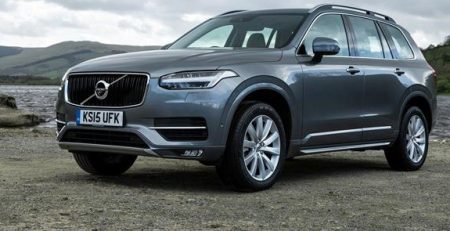Maximise resale value of your new BMW with these specs Specify you factory ordered car properly with a BMW configurator. Th read more
Nine in 10 drivers are not checking car history
That's the shocking result of new research which has found that 2.5 million UK motorists out of 2.8 million are not doing a car history check when buying their next vehicle through a private seller.
Despite being a fundamental part of the car buying process and only a few simple steps to carry out, those who are daring to go straight into a deal could potentially run into thousands of pounds worth of maintenance costs.
These private car buyers are estimated to be spending more than £6.1 billion every year on a new set of wheels that could ultimately cost more for repairs than the original purchase price, according to RAC.
Further results from the research show that out of more than 21,000 online car history checks that were carried out, nearly one in four vehicles held serious car history issues, one in 10 had been written off by insurers and one in 100 had had their colour changed. More worryingly though, one out of eight of these still contained outstanding finance.
It is easy enough to avoid being duped by a private car seller and to spot a car with outstanding finance.
Before deciding to buy a used car, carry out a car registration check as this will tell you if any money is still owed on the vehicle.
What to look for when buying a used car?
If outstanding finance is found you should check with the listed company for details on whether the account has been settled or if payments are still due. If it is found that the finance is still owed, you can ask the car seller to settle the account in order to continue with the purchase.
For those unfortunate enough to discover outstanding finance on a car after buying it, you will have to prove to the finance company that you have a legal right to own the car. If they do not believe that you are an innocent buyer though, they can legally take the car away from you.
From this point, you can decide to take the private car seller to court and try to get your money back, however, this is a lengthy and expensive process.
Further information is available from the Money Advice Service on where to buy from.




